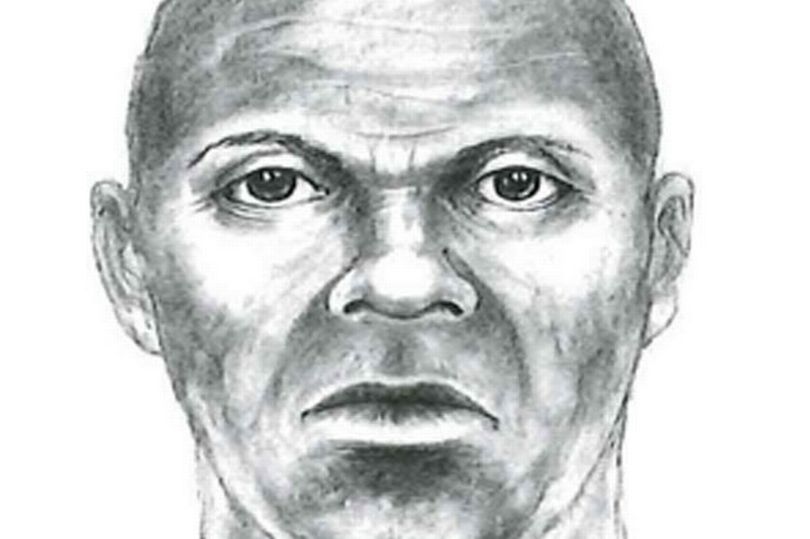 |
The story has been told of 'The Doodler', a sadistic serial killer who sketched his victims on napkins before going on to slaughter them.
The evil killer, who has never been caught, carefully selected his targets in gay bars in the mid-1970s – and now he's being hunted down.
He is believed to have killed between five and sixteen people with several victims stabbed in the front and back of their bodies in similar patterns.
His first victim was found lying face-up on Ocean Beach in San Francisco, California, in the early hours of January 24, 1974.
Police said 49-year-old Gerald Cavanaugh was brutally killed just hours earlier and had horrific self-defence wounds.
The 6ft tall black suspect's murder spree lasted for at least a year and half.
His second victim, drag queen performer Joseph "Jae" Stevens, 27, was stabbed and beaten found in June that year.
The Doodler inflicted many more stab wounds on married German father Klaus Christmann the following month.
Vietnam veteran Frederick Elmer Capin, 32, was found killed by knife wounds to his aorta in May 1975.
His final known victim's rotting corpse was found two weeks after he was murdered shortly after.
The body of Harald Gullberg, 66, was found with his underwear taken by his killer and his trousers were unzipped.
Pulitzer prize nominated Kevin Fagan told of his anger as he launched a new podcast series in a bid to speak to victims' families and help police tracing the killer.
The reporter at the San Francisco Chronicle for 28 years said: "I lived on the streets of San Francisco to cover the stark reality of homelessness.
"I care about the forgotten and marginalised people of this city and there's one case, one unsolved case that still angers me, it confounds me."
Describing the killings, he said: "Between 1974 and 1975 San Francisco was victimised by one of the most prolific killers of gay men in modern history.
"He preyed on people in queer neighbourhoods across the city.
"He went to gay bars, places with disco music blasting and men dancing.
"They say this killer watched them: maybe while leaned up against the bar or sitting in the corner of the room.
"He would pick someone, then he would draw - sketching their portrait on a cocktail napkin - once he showed that man their picture they were his.
"The killer would tell his target that he wanted to go some where more private, they would leave the crowded bar behind and that next morning the man he had sketched was dead, and that's how this killer earned his name, the Doodler."
The journalist said the Doodler only appeared in his newspaper "well after the last victim was identified", in January 1996.
He added: "It might seem strange that a prolific murderer went unnoticed for so long but police at the time didn't have all the information, tool and contacts at our disposal today."
Audio clips were then played commenting on other serial killers being hunted in the US city at the time.
Interviewees said: "There was a lot of stuff going on, there was Zebra, there was Zodiac, there was Doodler, so there were a lot of mysterious random murders.
"I felt like it was overlooked maybe just because it had to do with the gay population.
"The Doodler took it to another level, he was killing people and he was getting away with it and the police didn't, to be honest with you, care."
Mr Fagan said in 2019, the San Francisco Police Department held a press conference reopening the cold case with an updated sketch of what the killer may look like today.
He added: "There was a sudden urgency in this case, after all those years police were asking the public for new tips and offering a reward.
"On the one hand I wanted to ask why now but on the other I also wanted to ask why did it take all these years.
"In my conversations with police I realised to get to the bottom of this case, to answer any questions I might have, I needed to go back to the very beginning, that's what this podcast is all about.
"I want to unravel the Doodler mystery, talk to victims' families, friends, anyone who will get me closer to what happened all these years ago."







No comments:
Post a Comment